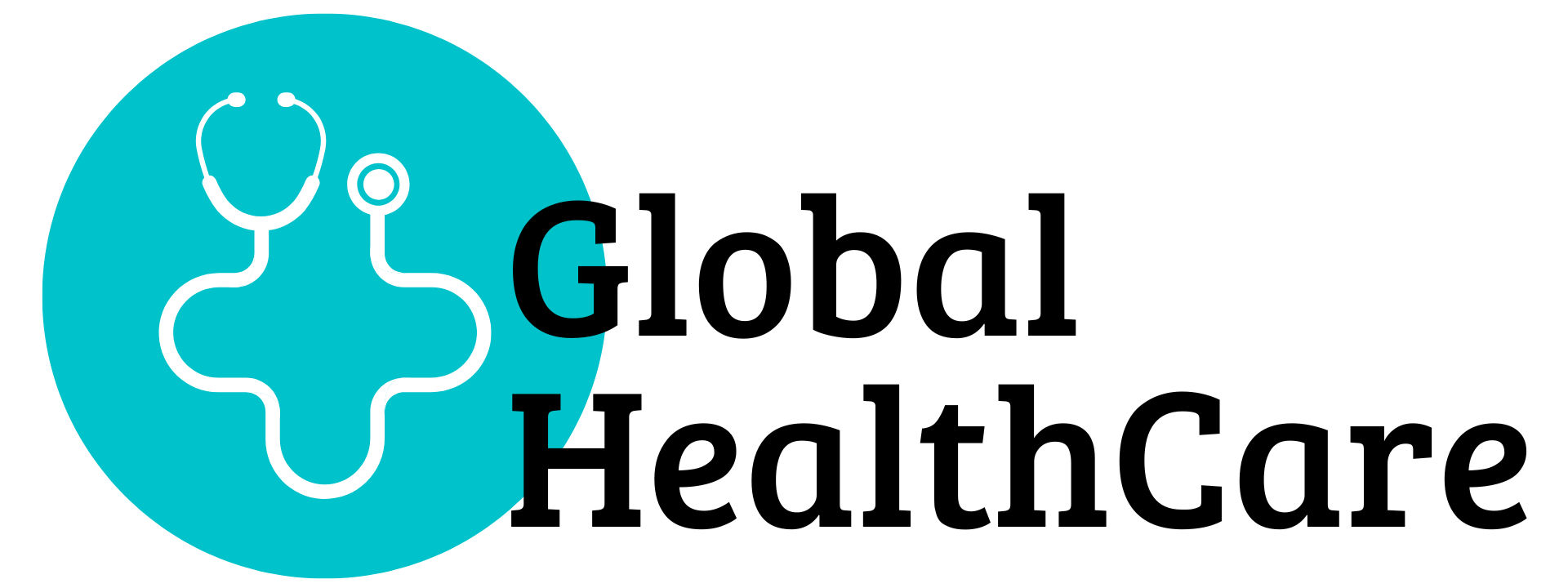In today’s fast-paced world, it’s easy to overlook the importance of having a primary care physician. However, having a trusted healthcare provider who serves as your primary point of contact for medical needs is vital for maintaining your overall health and well-being. In this blog post, we will delve into the key reasons why having a primary care physician is essential and how they contribute to your long-term health.
Comprehensive and Continuity of Care:
One of the primary benefits of having a primary care physician is receiving comprehensive and continuous care. They are trained to provide a wide range of medical services, from routine check-ups and preventive screenings to the management of chronic conditions. By developing a long-term relationship with your primary care physician, they become familiar with your medical history, understand your unique needs, and can provide personalized care.
Health Promotion and Disease Prevention:
A primary care physician focuses not only on treating illnesses but also on promoting health and preventing diseases. They offer preventive services such as vaccinations, screenings, and lifestyle counseling to identify potential health risks early on. By emphasizing preventive care, primary care physicians help you make informed decisions about your health, empowering you to take proactive steps in maintaining a healthy lifestyle.
Coordination of Specialist Care:
When you require specialized medical care, a primary care physician serves as a central point of coordination. They work closely with specialists, ensuring that all your healthcare providers are aware of your medical history, test results, and treatment plans. This coordinated approach facilitates effective communication, reduces the risk of medication interactions, and ensures that all aspects of your health are considered.
Management of Chronic Conditions:
Chronic conditions such as diabetes, hypertension, asthma, or arthritis require ongoing management. A primary care physician plays a crucial role in monitoring and treating these conditions. They provide regular check-ups, adjust medications as needed, and help you develop strategies for self-management. By partnering with a primary care physician, you can receive personalized guidance, education, and support to effectively manage your chronic conditions.
Early Detection of Health Issues:
Your primary care physician is trained to recognize the early signs and symptoms of various health issues. Regular check-ups and screenings enable them to detect potential problems at their earliest stages, when they are most treatable. By identifying issues early, your primary care physician can intervene promptly and refer you to specialists, if necessary, to ensure timely and appropriate care.
Holistic Approach to Care:
Primary care physicians take a holistic approach to care, considering not only your physical health but also your mental and emotional well-being. They are equipped to address a wide range of concerns, including mental health conditions, stress management, and lifestyle factors that impact your overall wellness. This comprehensive approach ensures that your healthcare is tailored to your individual needs and promotes your overall quality of life.
Conclusion:
Having a primary care physician is the foundation of good health. They provide comprehensive and continuous care, promote preventive measures, coordinate specialized care, manage chronic conditions, detect health issues early, and offer a holistic approach to care. By building a long-term relationship with a primary care physician, you gain a trusted healthcare partner who understands your unique needs and guides you towards a healthier future. Remember, investing in primary care is investing in your well-being and longevity.
